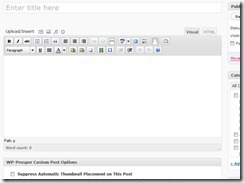New batch of quotes
Every so often, I dig into my collection of quotes. I pick them up in a wide variety of places. I hope that some of these are new for you: It is amazing what you can accomplish if you do not care who gets the credit. —Harry Truman A conclusion is the place where you got tired thinking. —Martin H. Fischer Nothing is really work unless you would rather be doing something else. - James M. Barrie (1860 - 1937) “To avoid criticism, do nothing, say nothing, and be nothing.” - Elbert Hubbard (1856-1915) Adventure is just bad planning. - Roald Amundsen (1872 - 1928) Efficiency is intelligent laziness. ~David Dunham "You Can’t Be Neutral on a Moving Train." - Howard Zinn Not everything that can be counted counts, and not everything that counts can be counted. - Albert Einstein Procrastination isn't the problem, it's the solution. So procrastinate now, don't put it off. - Ellen DeGeneres The only man who is really free is the one who can turn down an invitation to dinner without giving an excuse. - Jules Renard (1864 - 1910) [More . . . ]


